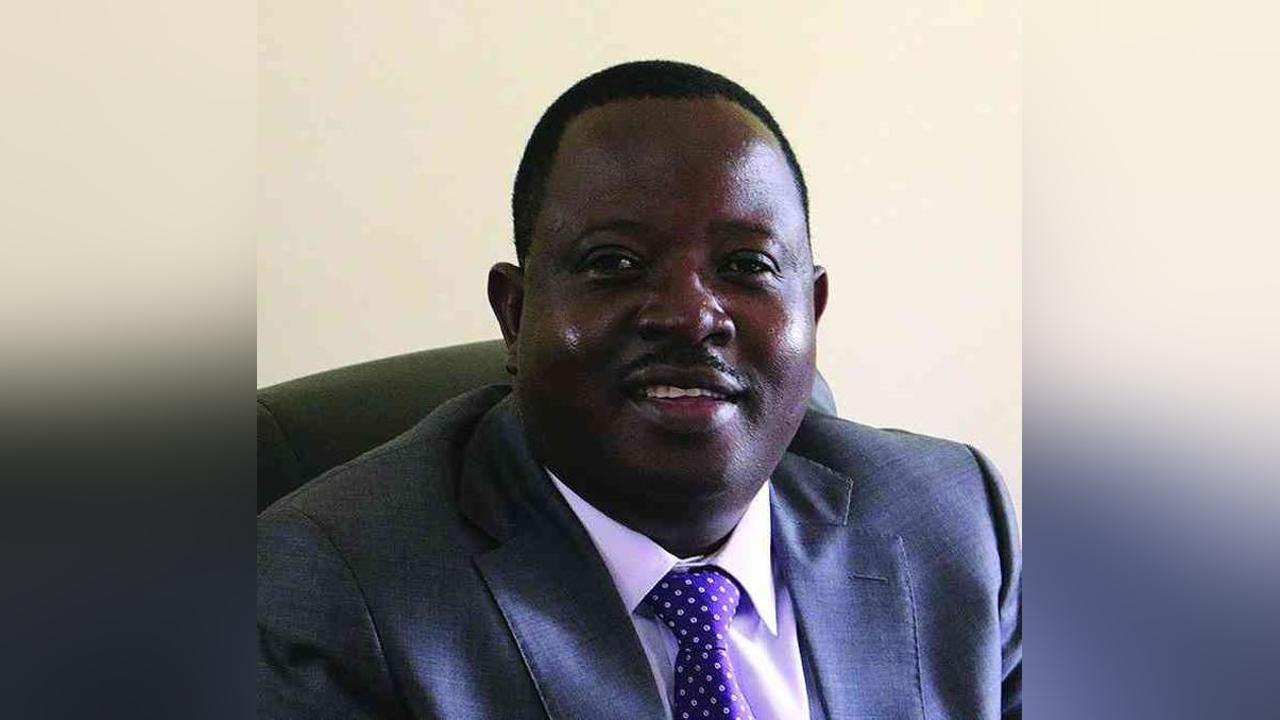Africa-Press – Zimbabwe. AT the heart of Zimbabwe, countless marginal families struggle to access basic healthcare, confronted by a system that is failing to prioritise its needs.
Yet, every Zimbabwean citizen has a right to health as enshrined in the country’s Constitution.
The Abuja Declaration’s ambitious target of allocating at least 15% of the national budget to health ministries in Africa remains an elusive goal, overshadowed by economic challenges and systemic inefficiencies.
As health economists and advocates push for increased funding, the voices of those impacted by inadequate health services, be it in urban, peri-urban or rural areas, demand urgent attention.
Tonderai Kadzere, a senior policy planning official in the Health ministry, along with health experts like Itai Rusike from the Community Working Group on Health (CWGH) and legislators responsible for health, shared critical insights into the pressing need for comprehensive health reform.
Their narratives illuminated the path forward for Zimbabwe as it strives to achieve Universal Health Coverage (UHC) and ensure equitable access to healthcare for all citizens.
Zimbabwe’s health system, once a regional leader, is now hampered by chronic underfunding and infrastructural decay.
The Abuja Declaration target has remained a distant dream, with budget allocations consistently falling short of revitalising primary and secondary healthcare, a crucial step towards achieving UHC.
At a recent financing dialogue for the 2026 National Health Budget, hosted by CWGH in the capital, Harare, Kadzere told delegates that the idea was not to fully allocate the 15% as stipulated in the Abuja Declaration and advocated for by civil society organisations led by CWGH, but at least to reach the range.
He asserted that the government had improved the allocation and at least provided 10% to 12% to the Health ministry in recent years.
“We’re striving to reach the Abuja target of 15%, understanding that full allocation is challenging but we have at least managed to reach 10% to 12% in recent years, essential for managing and improving health services,” Kadzere stated.
“As a ministry, we agree that investing at these levels is not merely critically beneficial; it is essential for the future of our health system.”
However, health experts pointed out that the pressing need for improved public health service and infrastructure is particularly acute across all communities, where residents have often lacked access to basic health services.
Rusike echoed this concern, stating: “Communities are suffering the consequences of high and intense neglect.
“Without proper infrastructure and adequate financial resources to the Health ministry, we cannot expect meaningful health improvements.
“Investing in health infrastructure is non-negotiable; it’s the foundation for improving outcomes and ensuring that every community has access to essential services.”
As Zimbabwe grapples with declining Official Development Assistance (ODA), experts argued for the development of a tailored health financing framework.
Explained Prosper Chitambara, an independent health economist at the recent CWGH financing dialogue: “We must move beyond dependency on external aid.
“Our focus should be on enhancing domestic resource mobilisation and promoting equitable access to health services.”
Earmarked taxes such as the Aids levy, mobile airtime tax and sugar tax present promising opportunities for generating dedicated and sustainable health funding.
However, the meeting agreed that ring-fencing these taxes through strong laws and policies, ensured accountability in the use of the funds to avoid corruption.
“The legislation must support the ring-fencing of these resources to guarantee that they serve their intended purposes,” Chitambara stated.
In addition, in light of dwindling resources, innovative financing strategies are also crucial.
Legislator Thomas Muwodzeri advocated for the introduction of health-specific bonds and community-based insurance schemes, noting: “These initiatives can empower communities and provide them with the means to address their health needs.”
The potential of leveraging on diaspora investments were also not overlooked.
“Our diaspora community is eager to support health initiatives back home, but we need to establish clear pathways for their contribution to have a tangible impact,” added another legislator, Tafadzwa Mushoriwa.
As Zimbabwe seeks comprehensive health reforms, prioritising the inclusion of persons with disabilities is essential.
The meeting highlighted the urgency of passing the new Persons with Disabilities Bill, which aims to ensure equitable access to health services for persons with disabilities.
The meeting clearly noted that a significant barrier to achieving UHC in Zimbabwe is pervasive corruption and poor governance issues that plague the health sector.
Rusike emphasised the need for public accountability: “Government agencies must be answerable to the communities they serve.
“If we ignore these issues, we risk undermining the core principles of primary healthcare: equity, solidarity and participation.”
The meeting also agreed that tackling corruption is vital to restoring public trust and ensuring effective allocation of resources to the health sector.
“Only then can we hope to build an accountable and more robust health system that meets the needs of all citizens,” Rusike asserted.
Despite the myriad of challenges, a sense of hope pervaded the dialogue proceedings.
If all stakeholders prioritised health in national planning, Zimbabwe can gradually improve its UHC index.
The journey towards a fully-funded health system is daunting, but with concerted effort from the government, civil society and communities, Zimbabwe has the potential to reshape its health narrative.
By embracing innovative financing, ensuring accountability and prioritising inclusive policies, the nation can work towards fulfilling its commitments under the Abuja Declaration.
In this intricate landscape, the voices of Kadzere, Rusike and the legislators present, served as beacons of hope, guiding Zimbabwe towards a future where health is a right for all.
The path may be long, but with determination and collaborative action, the promise of UHC can become a reality for every Zimbabwean.
For More News And Analysis About Zimbabwe Follow Africa-Press






